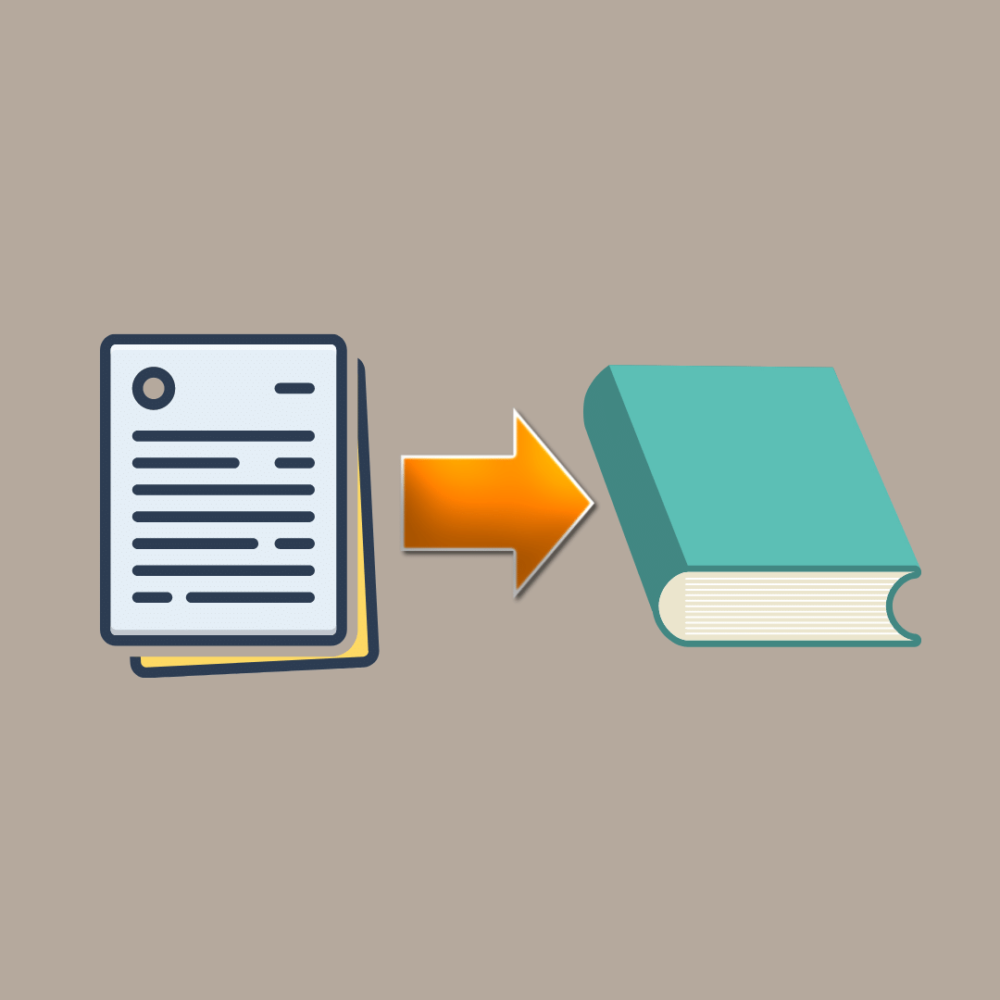
Do you want to publish a non-fiction book — perhaps to amplify your business or to showcase your expertise?
If you have a non-fiction book idea, know that you’re not expected to write the book in its entirety before looking for a literary agent. Instead, the first step is to create book proposal.
Why?
Book publishing is first and foremost a business and books succeed not only on the strength of the book’s content, but on the audience for the topic and author and the overall size of the marketplace.
Literary agents who are in a position to represent you and editors who are in a position to publish you are looking for every assurance that a relationship with you will be a successful endeavor.
Your book proposal is the “shorthand” document that helps convince the publishing pros that your book and you are good investments for them.
As someone who’s read hundreds of book proposals with an eye to whether they’d be a good fit and investment for the publisher I worked for, let me give you some insights into starting your own book “pitch”.
What is a book proposal?
At its most basic level, a book proposal is a sales and marketing document, the accepted vehicle by which aspiring non-fiction authors and their agents sell their book ideas to editors.
A book proposal serves as a brief but in-depth overview of your book concept. It also explains your value as a potential author — with a focus on your qualifications and your platform — and gives an idea of the potential, targeted marketplace for the book.
The goals of a book proposal are to definitively and compellingly convince agents, editors, and other book acquisition decision-makers that:
- You know your subject and can effectively write about it
- You know your audience — and have built at least a bit of an audience for yourself
- You’ve done your homework and know that there’s enough of a market for your book to make the publisher’s investment in you worthwhile.
First the book proposal, then the book
Many aspiring authors who don’t know much about how traditional book publishing works start and even complete their book manuscripts and then look for an agent.
But even if you already have a written manuscript about your topic or specialty, you will still need a book proposal.
This is because an agent or an editor who doesn’t know you well will want to get the full picture of the book as well as you, the author, to judge whether or not you have — and can execute — a salable book idea.
Once a book deal is struck, then you go on to write the book. And even if you have already written the manuscript, likely the editor will want changes to things like chapter order, idea flow, format, etc.
Book proposals are not EASY
While writing a book proposal might take less time than completing a finished book, it is not necessarily easier. A well-crafted, bulletproof book proposal requires you to think hard about the book you want to write, think hard about how you can position yourself in the best light — and do some serious research into the specifics of marketplace.
Book proposal brainstorm
While book proposal format is a fairly specific one, to get started thinking about your book proposal, brainstorm on — and bring your personal passion to — the answers to these three basic questions:
- Why THIS?
Why does there need to be a book on this topic? Who are the intended readers and how will this book serve their needs? How large is that audience of readers? What are the holes in the marketplace — that is, how are the needs of your intended readers not being served by the books that are currently on the market? How will your book fill those holes? What is your vision of the finished book; when he or she is finished reading the book, what do you want the reader to come away with? Why is the information in your proposed book best presented in book format?
- Why YOU?
Why are you the absolutely most perfect person to write this particular book? What in your background qualifies you to write the book you are proposing? What is your media platform? How can you otherwise help the publisher’s publicity department and marketing department to formulate a media strategy and get the word out about the book when it is published?
- Why NOW?
What are the factors that make the topic of your proposed book timely? (But not flash-in-the-pan timely: keep in mind that a print book usually takes at least eighteen months from proposal to bookstore). What are the growing trends that point to the fact that this book is needed now? And/or, what are the factors that make your book idea timeless (i.e. a perennially-selling backlist book)? What are the other currents in the marketplace and/or media that will support the book?
The stronger your book proposal, the more likely it will sell you and your book to an agent and editor. Your answers to the above questions will be the basis for outlining and writing your formally structured book proposal.
Next steps: learn about the specific elements of an effective book proposal.
Leave a Reply